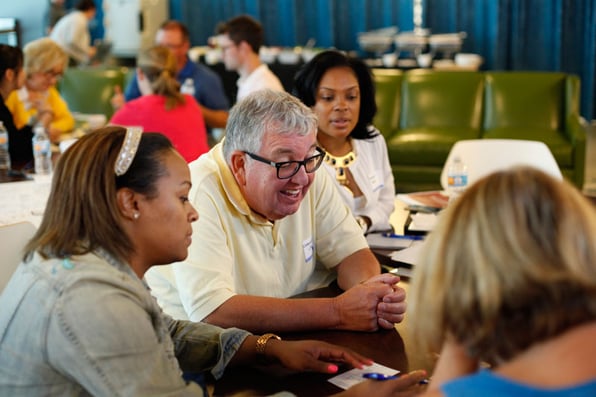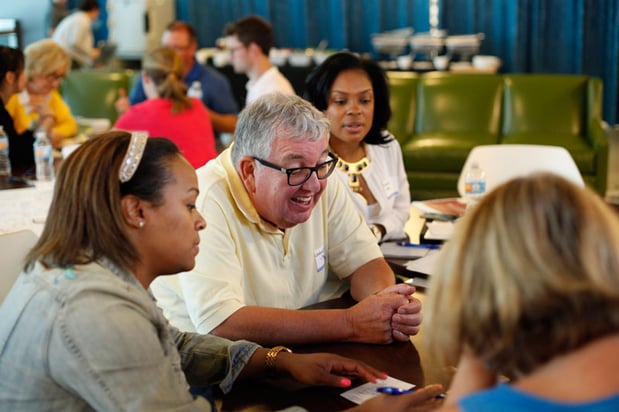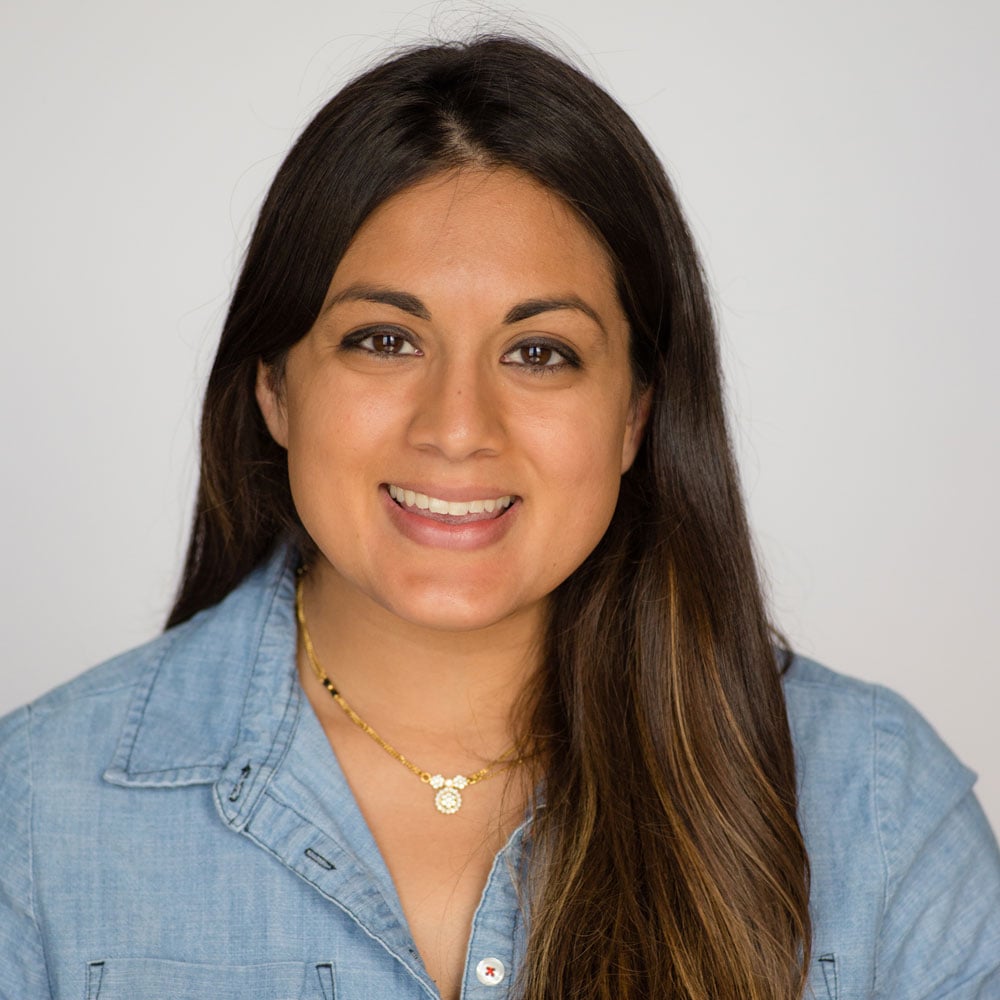
What Effective Professional Development Looks Like
Three components to consider when building out your next PD

As educators, we have all been on the receiving end of professional development. Sometimes it is amazing and we can implement the practices we learned about in our classrooms the next day. Other times, well, we spend our time checking email and buying shoes online.
While decades of research show what effective professional development should look, we don’t always have the best PD experiences. Whether you are planning a PD for your school or district, vetting a company to lead PD, or rethinking how you offer PD, here are some key components to make every workshop or seminar meaningful and worthwhile for your entire team.
Relevant
In order for professional development to be useful and impactful on practice, it must be relevant to what teachers are doing or need to be doing. Too often professional development pulls everyone with various needs or experiences into one space and focuses “on the middle.” This ends up being useless for everyone involved.
Rather, consider collecting the needs of your teachers ahead of time and grouping them accordingly to provide targeted professional development that is also tied to building a professional learning community (see teacher feedback from Teachers Know Best published by the Bill and Melinda Gates Foundation). Seems too difficult? Find other schools or leaders who are doing the same and work together on targeted PDs. Figuring out a way to play to everyone’s strengths in a larger community can be beneficial to everyone.
Engaging
We know that boring professional development (sometimes referred to as sit and get) doesn’t keep anyone’s attention—nor does it yield any results. Even 20 years ago, Lee Shulman was calling for learning (for students and teachers!) to not only be by doing, but by “thinking about what we are doing” (Shulman, 1997).
Effective professional development must engage multiple levels of thinking for adult learning: teachers must be engaged in the content and topics, but they also must be engaged in thinking at a high level of reflection about those practices. In other words: what am I doing and why am I doing it?
At ThinkCERCA, we use some great tools to help us during PDs. Many of them provide opportunities for teachers to reflect upon the learning they are engaging in. And nearly all of them require access to a cellphone or computer: something most people have in front of them!
Sustainable Practice
A single session on a topic is rarely going to impact someone’s practice or the way they think about something. Really effective and powerful PD needs to be sustained over time in various manners. This should be developed and scoped out before a school digs into a topic. It is important to determine the goals of a PD: if it is to incorporate effective centers in classrooms, you need to build in “job-embedded” opportunities, such as peer reflections, team learning walks, and reflections or action planning.
A great resource to consider here is how you are using the people in your school to own the work. Have teacher leaders support colleagues through the development of a school-based toolkit: your expectations, protocols, and structures for supporting learning across the building led by multiple people.
When we support schools using ThinkCERCA, we share out our Administrator Toolkit, a resource that administrators can use to facilitate meetings or provide feedback on implementation or practice.
While these aren’t the only components of effective PD (for example, you should have a clear sense of goals up front and also always end PDs with some form of a reflection), these are really important for building out an effective and successful approach to PD in your building. We hope you keep these in mind when crafting your next PD!

A former special education and English teacher, school administrator, and district leader for Boston Public Schools, Kavita is an expert on teacher training, Universal Design for Learning, and bilingual language learners. In addition to her work at ThinkCERCA, Kavita is a Cadre member at the Center for Applied Special Technology, where she teaches courses on UDL and provides training to districts and universities across the U.S.
